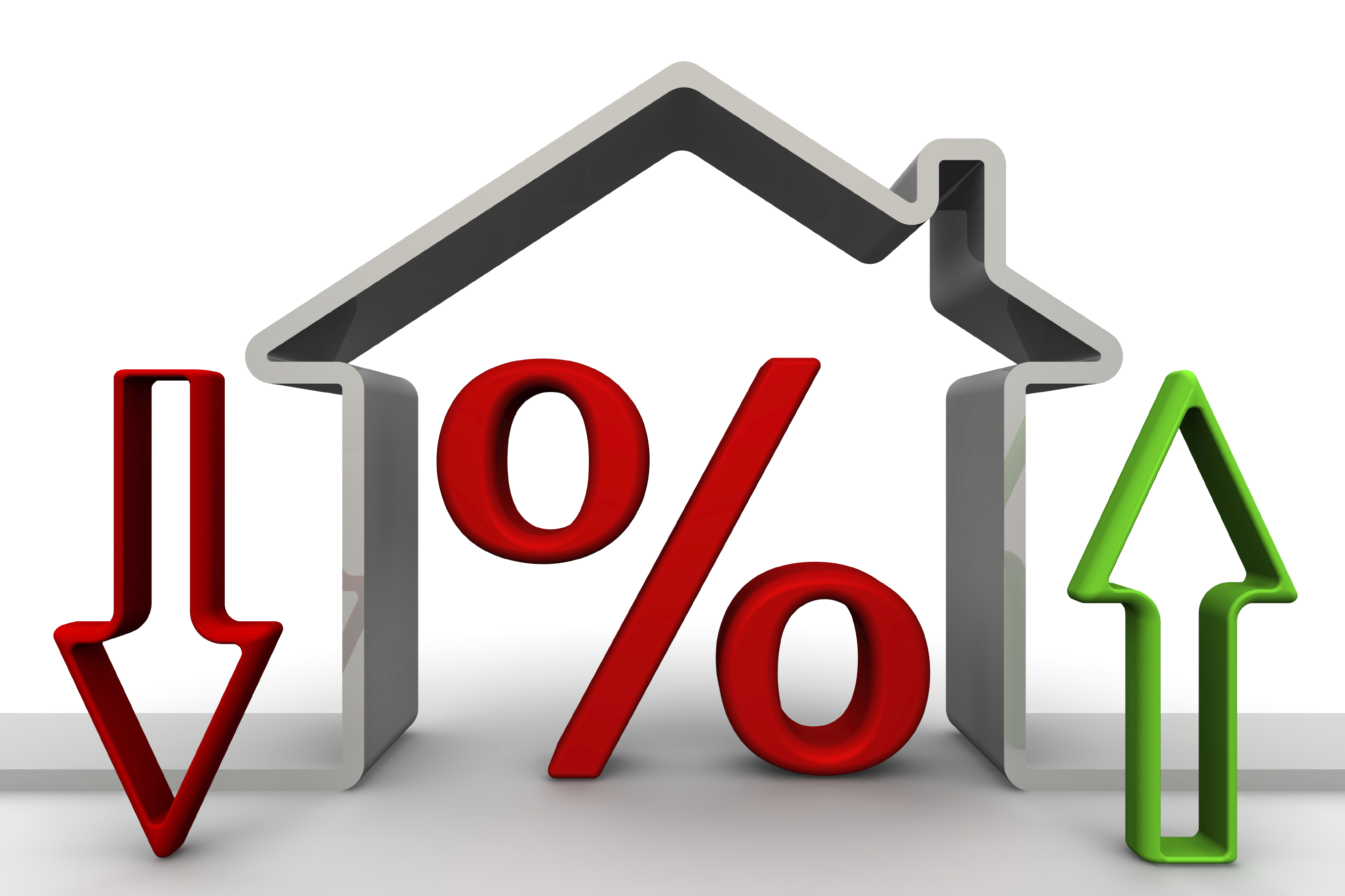Tuesday, February 17, 2026
Tuesday, February 17, 2026


Read Time: 8 minutes
Interest rates are a few of the most compelling economic elements, particularly in a housing loan. The level is oppositely relative to the level of borrowing. Thus, it impacts economic expansion and manipulates stock prices and bond markets, to name a few.
Borrowers can choose the interest rate they prefer, whether a fixed-rate mortgage or a floating-rate home loan. This article will help you select the type of interest rate for your housing loan - fixed interest rate or floating rate interest.
A fixed interest rate pertains to the permanent rate imposed on liability, for example, loans or mortgages. It may execute at the time of the whole term or for just a part. However, it stays the same for the entire length of a set period. Because of this, it’s much easier to allocate for the future.
Additionally, borrowers are more inclined to choose fixed-rate loans during the low-interest rate period. Mortgages could have several interest-rate options. It includes the so-called “hybrids” that merge a fixed rate for some part of the term and a flexible rate for the balance.
Most borrowers prefer a fixed-rate loan because they don’t want them sitting on the fence throughout their loans. Likewise, they don’t want an increase in interest expenses and mortgage payments.
Fixed rates keep clear of risks that go with a floating or variable interest rate. The rate payable on a debt agreement can differ according to a benchmark interest rate or index.
You will want to choose a fixed interest rate if you prefer a calculable payment over the long term. This type of rate could also help access an affordable long-term cost for a seven or 10-year loan.
Fixed interest rates can help you better manage your finances by better managing your monthly budget. Also, you feel secure because you can lessen your risk, particularly with unpredictable or unfriendly market conditions. You’ll have peace of mind, realizing that your interest rates are the same even with a significant market rate increase that is at times unpredictable.
You still have to pay the same amount between the fixing period at a fixed interest rate regardless of the interest rates dropping considerably without any notice. It makes fixed interest rates more expensive at times.
Shown below are the fixing periods of the leading banks in the Philippines along with their corresponding rates per annum:
|
Fixing Period |
Interest Rate |
|
1 year |
6.25% per annum |
|
2 years |
6.25% per annum |
|
3 years |
6.25% per annum |
|
4 years |
7.25 per annum |
|
5 years |
7.25% per annum |
|
Fixing Period |
Interest Rate |
|
1 year |
5.75% per annum |
|
2 years |
5.75% per annum |
|
3 years |
5.75% per annum |
|
4 years |
6.75% per annum |
|
5 years |
6.75% per annum |
|
Fixing Period |
Interest Rate |
|
1 year |
7.00% per annum |
|
2 years |
7.25% per annum |
|
3 years |
7.50% per annum |
|
4 years |
8.00% per annum |
|
5 years |
8.50% per annum |
|
10 years |
9% per annum |
|
15 years |
10.50% per annum |
|
20 Years |
12.00% per annum |
Also known as variable interest rate, it adjusts within the period of a debt obligation. It’s most commonly used in mortgage loans and follows a rate or index. At the same time, the loan company creates a floating interest rate calculation.
The efficiency of floating or variable interest rates depends on the market’s condition itself. If it’s good, your monthly portions will decrease, making payment more manageable on your end.
Choose floating rates when the market is down and when you’re confident that your interest rates won’t increase soon. The variable interest rate is generally 1% to 2.5% less than the same creditor’s fixed interest rates.
The lower percentage allows you to save money on your Equated Monthly Income (EMI). Additionally, you’ll always have a chance of rapid gains.
Choosing variable interest rates makes it more difficult to latch onto your budget. It’s because you have no idea of how much you need to pay in a month for your interest rates mortgage. If the occurrence of an economic crisis, your floating interest rate home loan will either decline or soar.
Thinking of investing in a new home? Maximize your housing loan despite high interest by doing the following:
● Determine how long you’ll stay in your new house and try to pay a larger down payment of at least 20%
● Look for the best housing loans by comparing rates and terms before applying, and don’t accept the initial offer without asking first.
● Using online loan calculators will help you decide when you plan to get a new home through a housing loan based on your budget.
Choosing the appropriate interest rates generally relies on your finances. It’s up to you to decide which one is easier to manage.
Pick the fixed interest rates if you don’t want to worry yourself about sudden increases. Also, when interest rates are low, you want to take advantage of them for a specified number of years. Remember that there are instances when they become expensive. But the good thing about fixed interest rates is that you know how much you will pay every month.
Alternatively, pick floating interest rates if you are confident that they will drop soon. This rate is also beneficial when the market is down, and it’s assured to get lower. Its flexibility enables you to save on your mortgage if market conditions are promising.Join our mailing list to get the latest list of our available units, promos and newsletter!